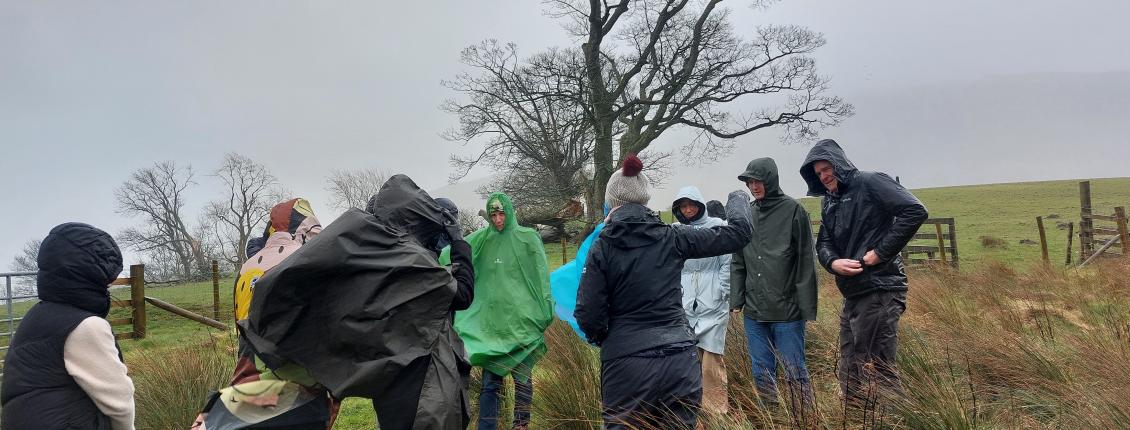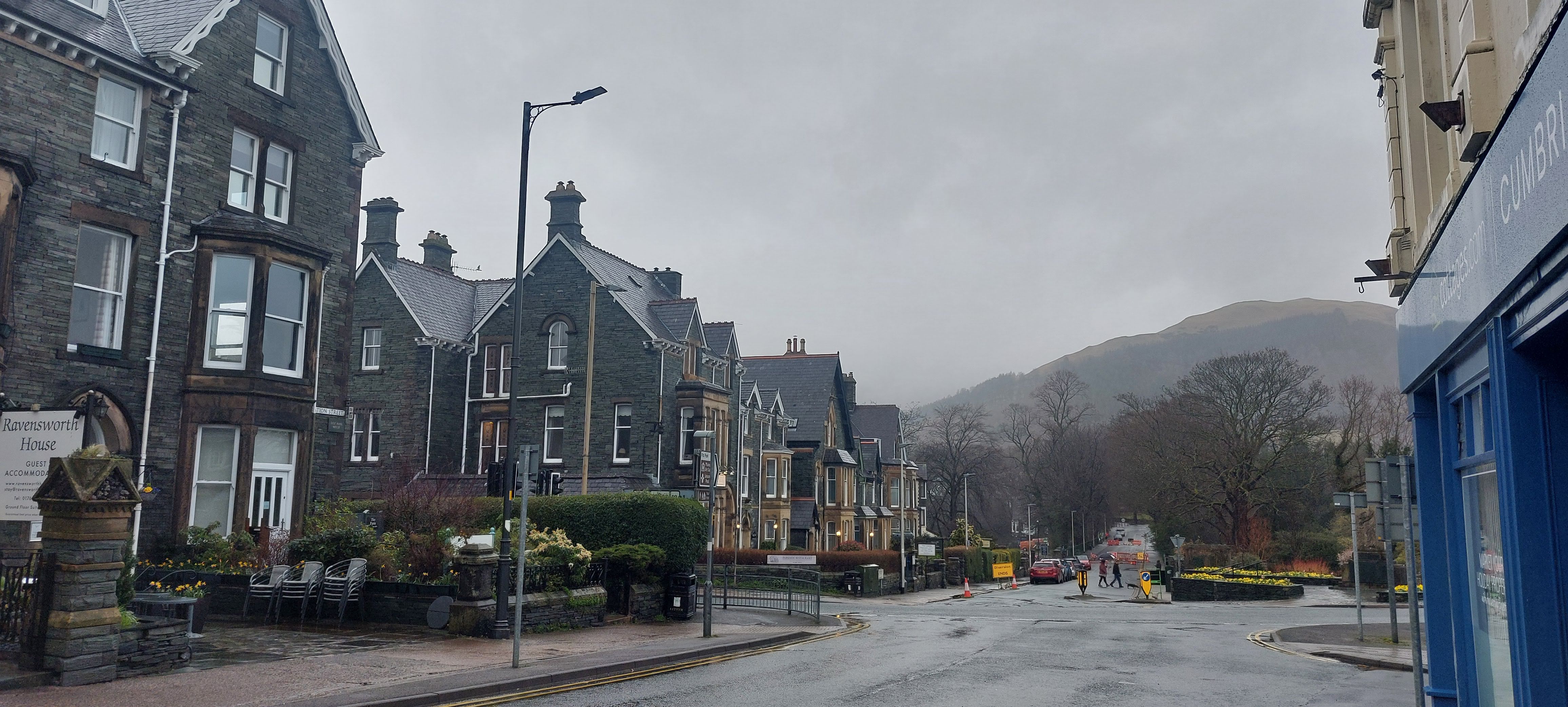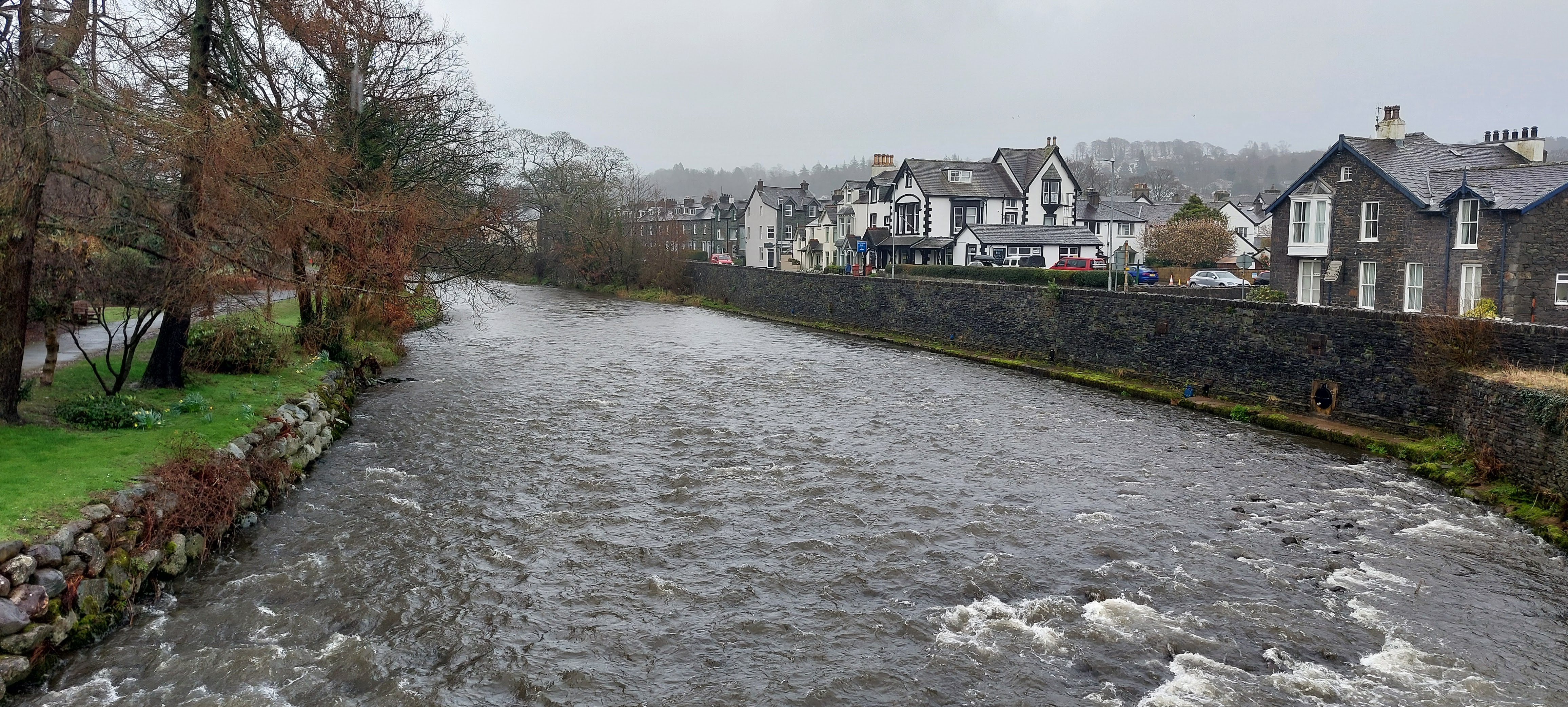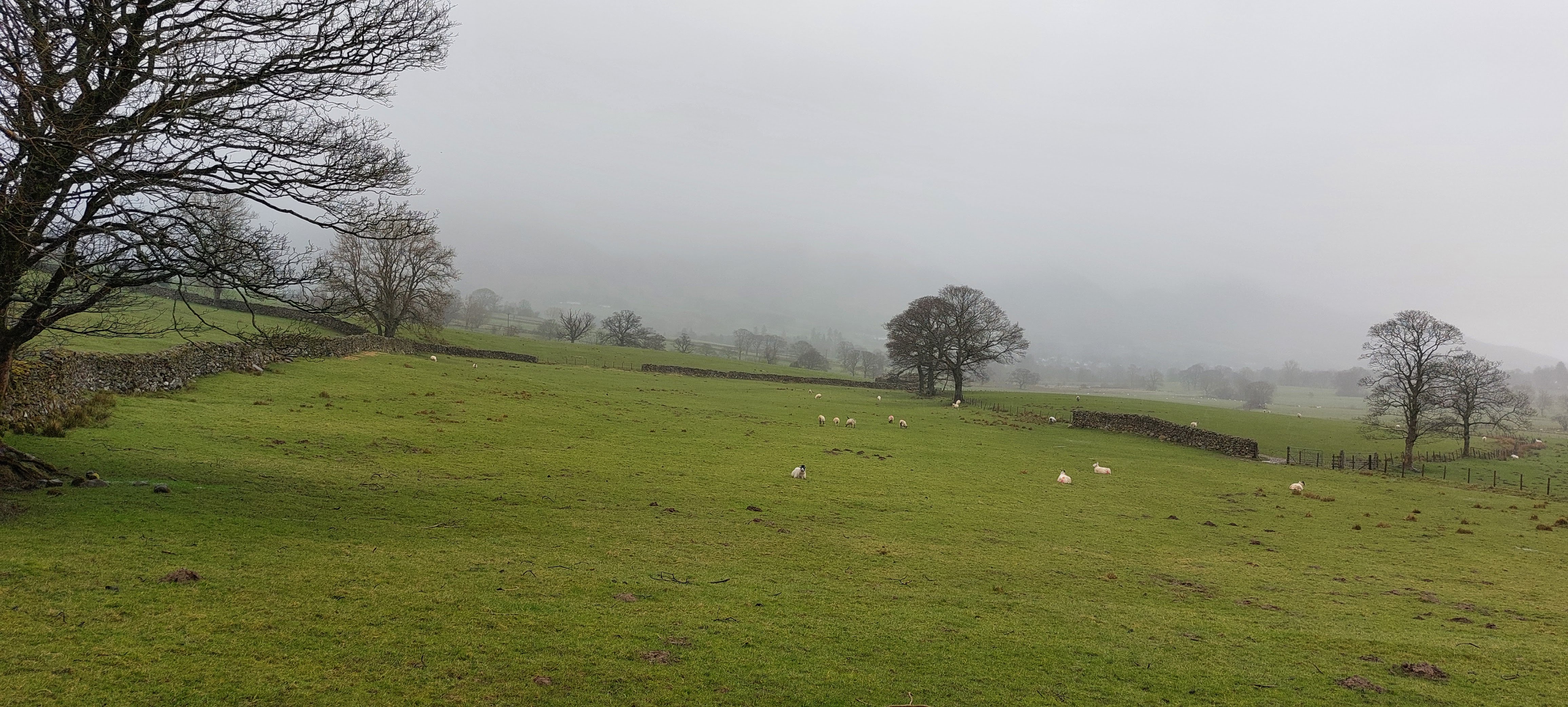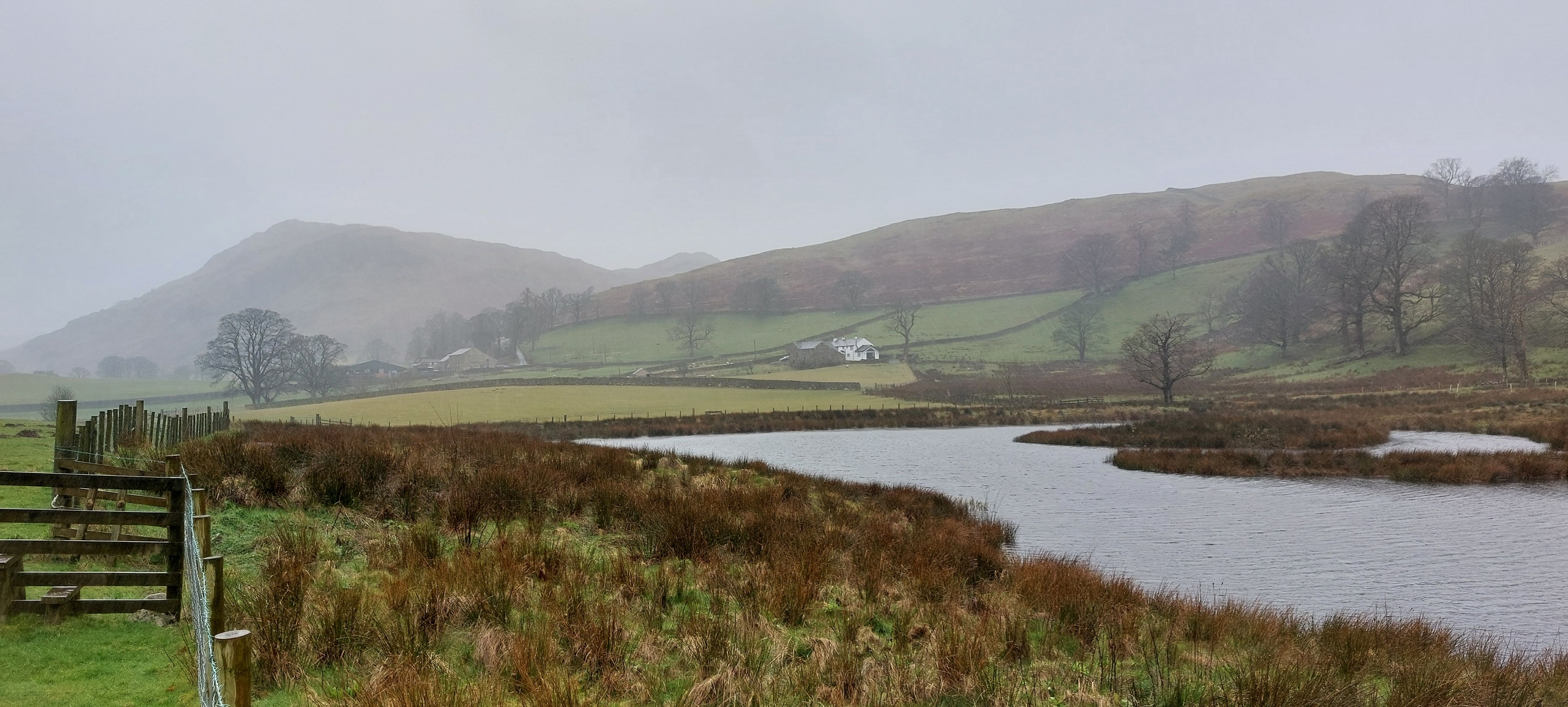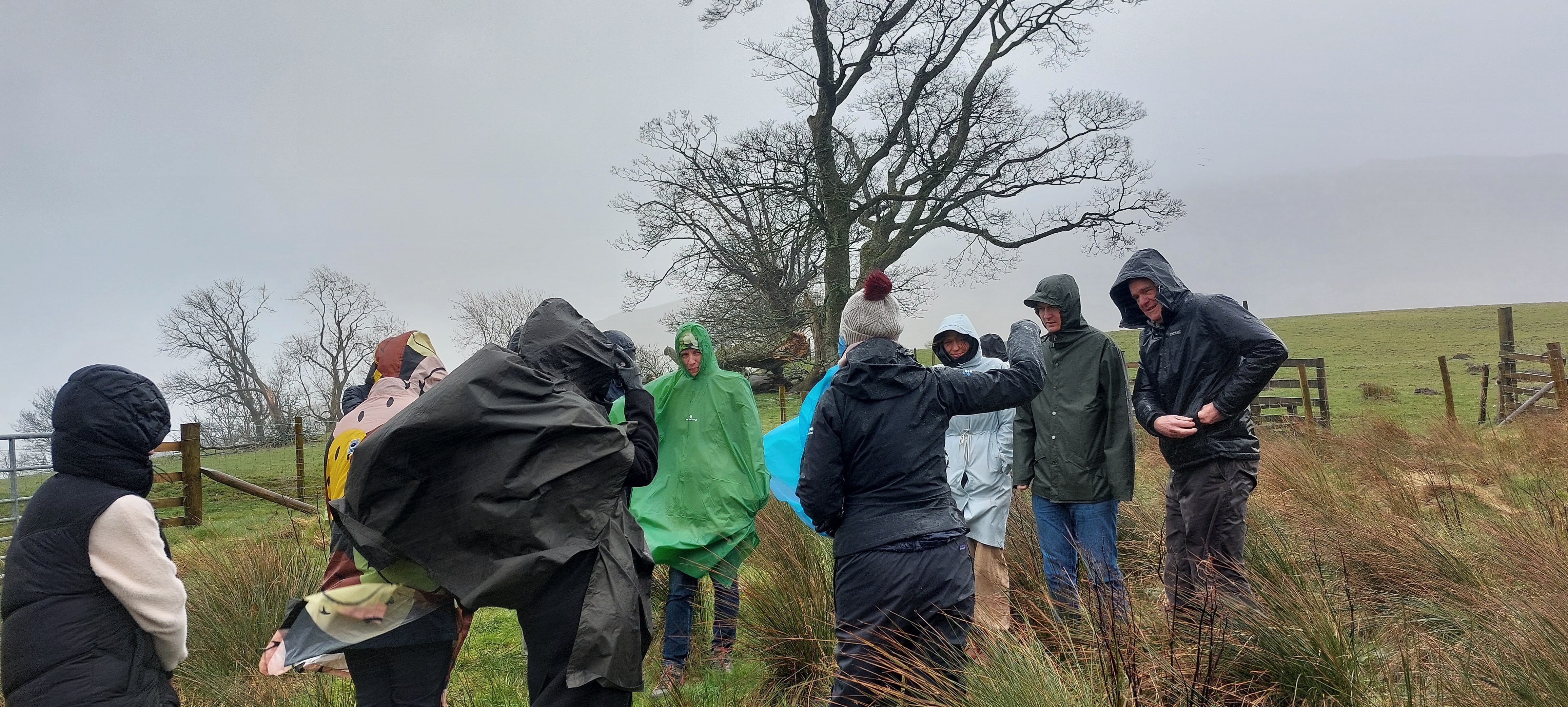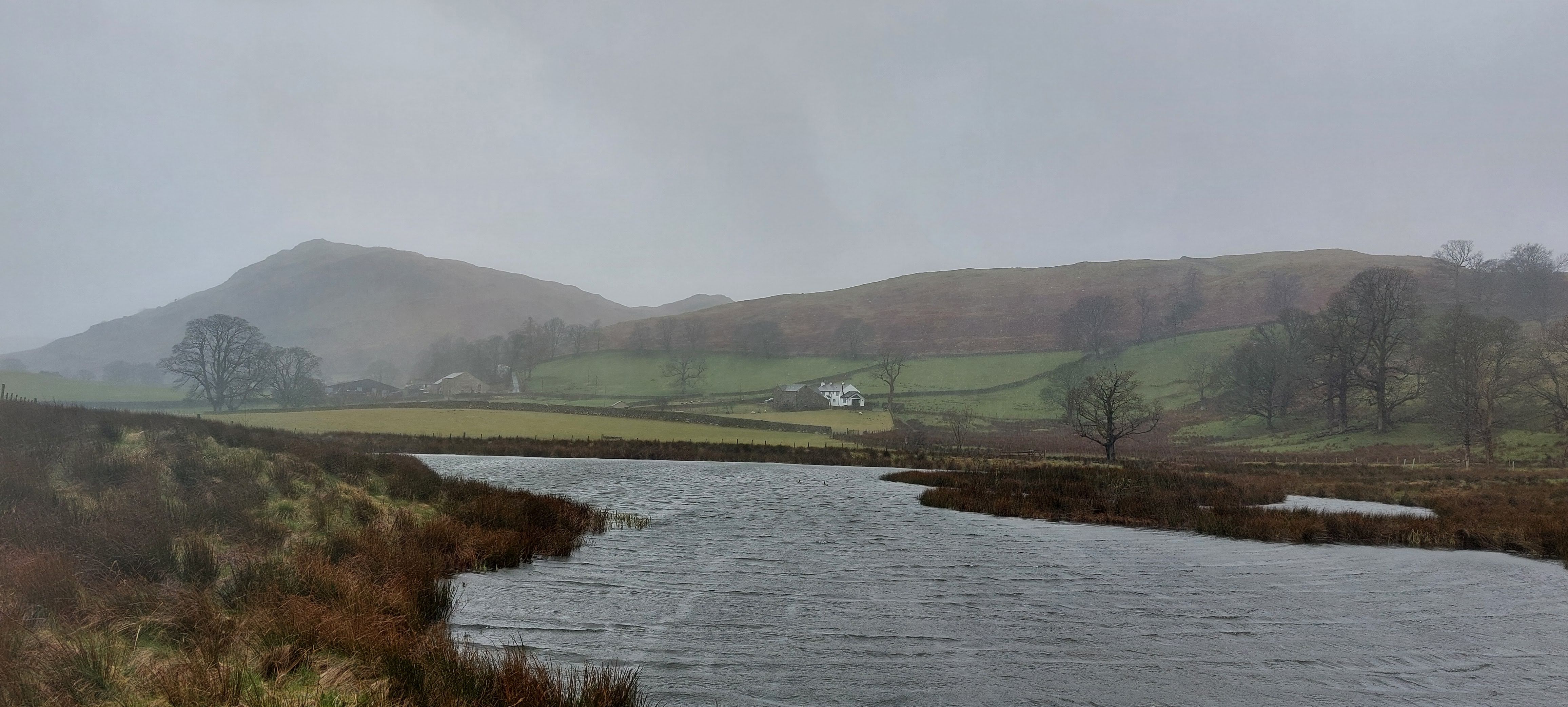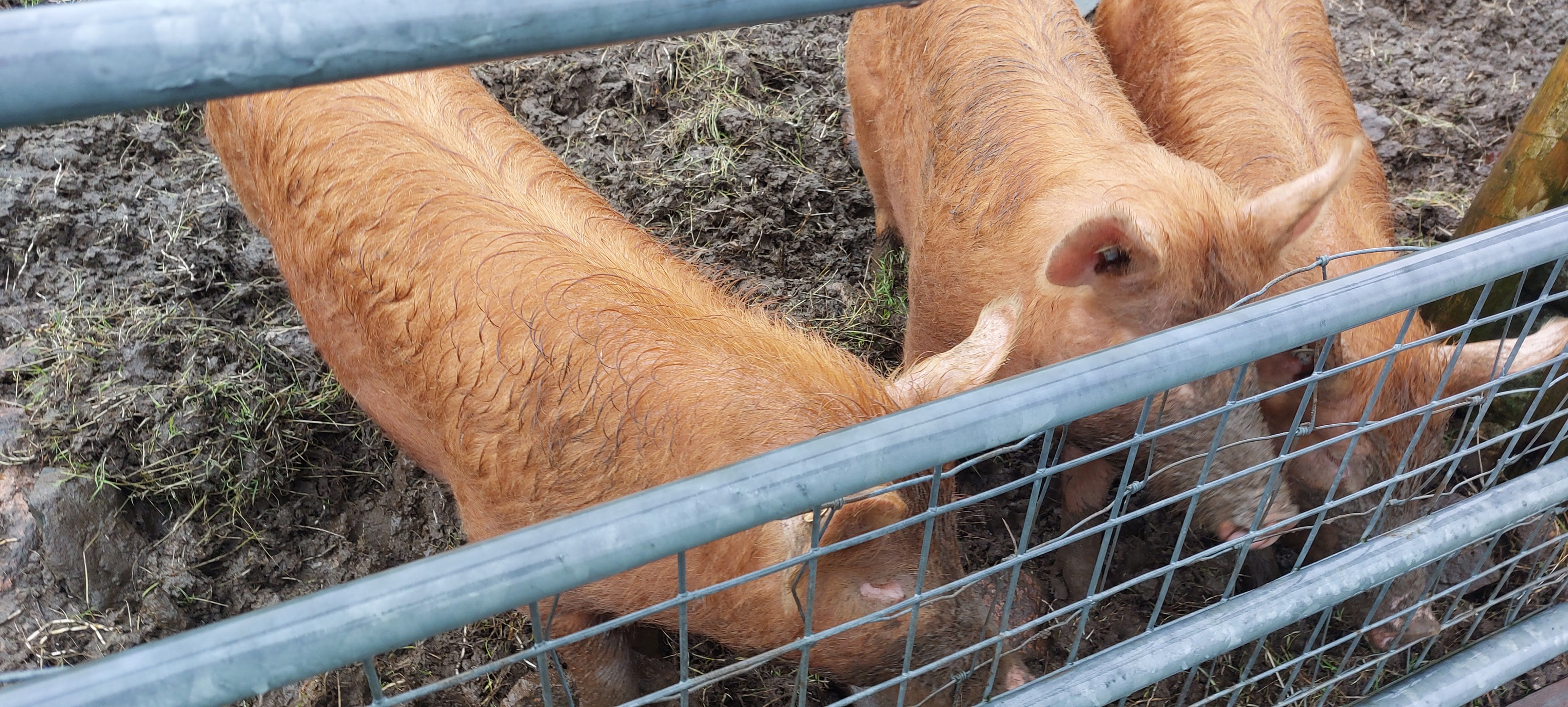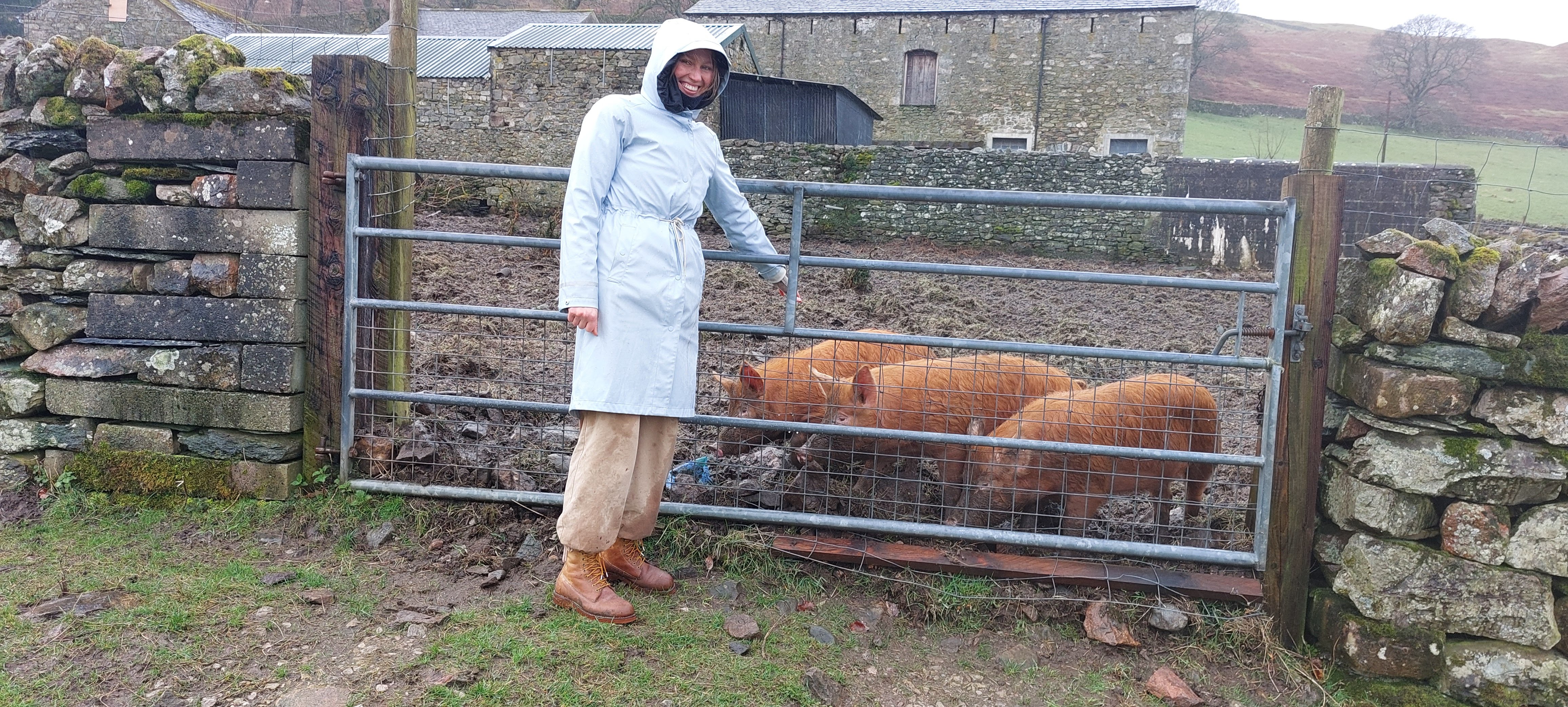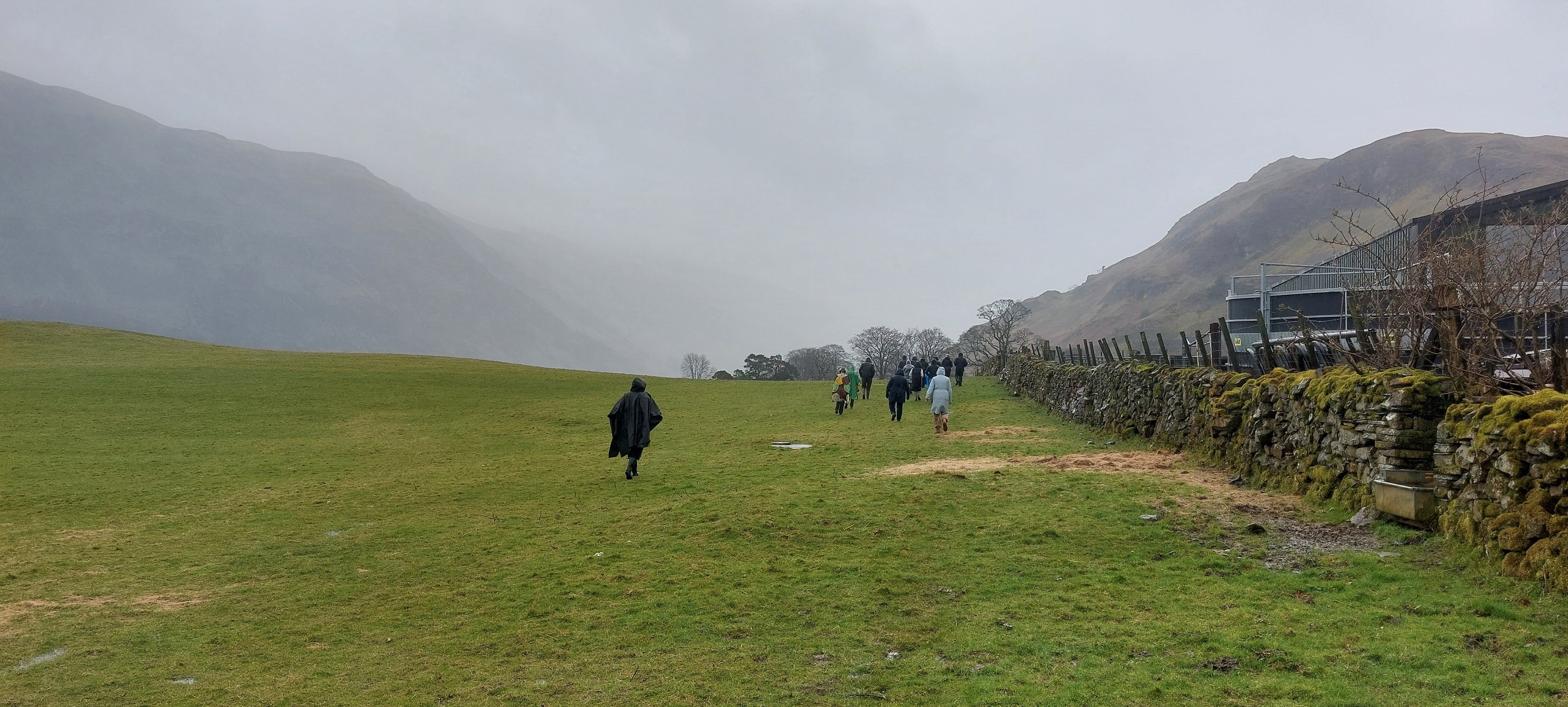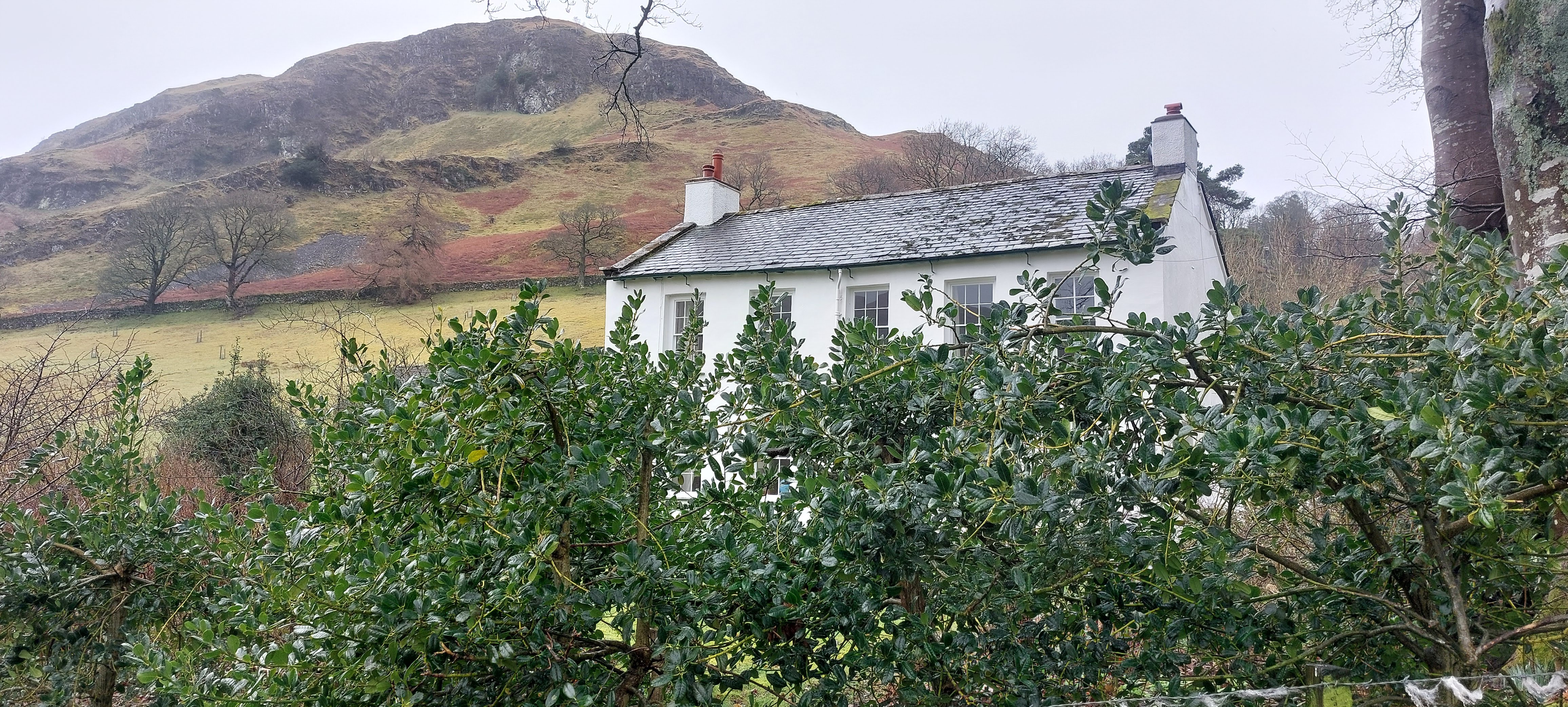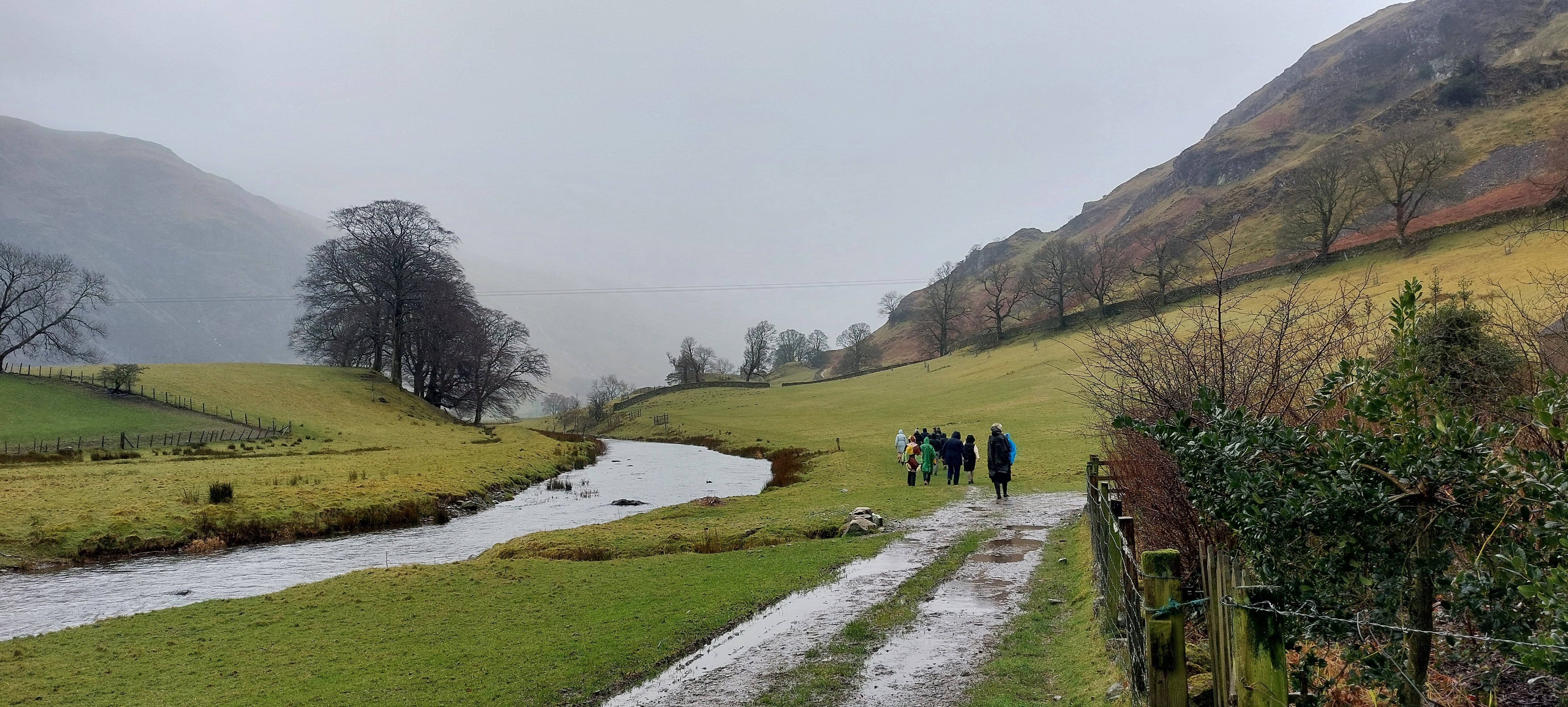3 April 2024
Henry Linnard, LIFE IP CleanEST kommunikatsioonijuht
Study visit to the United Kingdom to aquire knowledge about the principles of water management and protective measures
The United Kingdom doesn't have environmental charges like in Estonia. There, the state or local government collects a fine when a violation is detected. Then the court proceedings are completed and the amount of the fine is determined. Fine money is directed to the implementation of environmental measures through intermediate organizations.
We visited such an intermediary organization in the UK to gather knowledge about institutional capacity building, water management principles and the implementation of water body protection measures, primarily in relation to agriculture.
We saw how it is easier for people from a non-governmental, neutral intermediary organization to build relationships with farmers and thereby reach the use of regenerative techniques.
Gaining the trust of a farmer is said to take about 2 years and usually takes place in a free atmosphere. Typical of the British, for example in a pub. More progressive producers are already looking for project funds themselves and are building environmental facilities on their own initiative.
The purpose of the study trip was to get acquainted with the work organization of England's catchment-based water management plan model and the methods of institutional capacity building, which is also one of the main activities of the Clean Waters of Virumaa project.
We were received on site by The Rivers Trust, which operates in Great Britain and is committed to the protection and sustainable management of rivers and watercourses. Their aim is to promote clean and healthy rivers and to ensure that they are diverse and bio-rich environments. The organization works with local communities, government agencies, businesses and other partners to implement practical projects and initiatives to improve the condition of rivers.
Pictures taken in Great Britain, Lake District.
